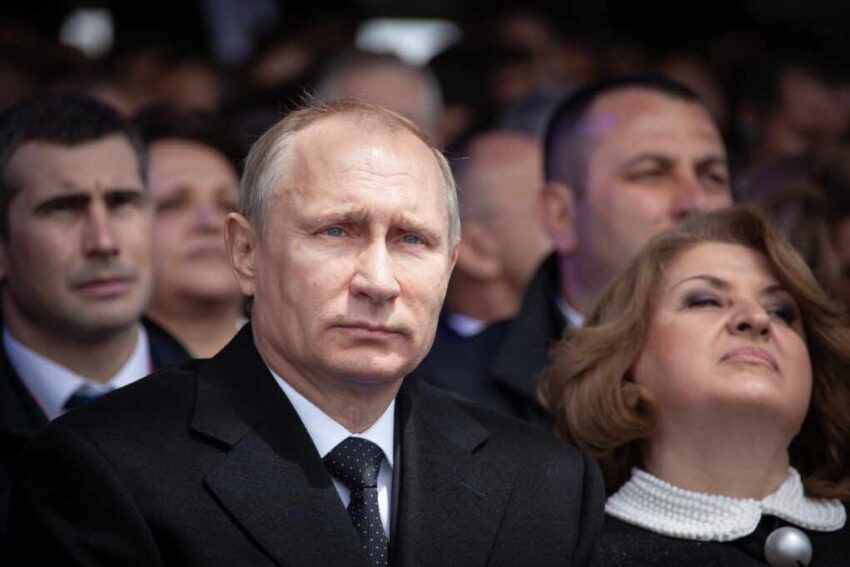Could Vladimir Putin use the Middle East crisis to launch a covert attack on Europe, igniting fears of a wider conflict?
At a Glance
- Ukrainian officials warn that Russia may exploit Middle East instability to attack Europe.
- Putin’s recent meetings with Iranian leadership follow U.S. strikes, deepening their strategic partnership.
- The EU’s foreign policy chief, Kaja Kallas, has warned of Russia’s long-term aggressive military posture.
- Concerns are growing that Russia could test NATO’s Article 5 collective defense guarantee.
Putin’s Ambitions Amid Mideast Turmoil
Ukrainian officials have voiced urgent concerns that Russian President Vladimir Putin could use the ongoing turmoil in the Middle East as a strategic diversion for a surprise attack on Europe. According to a report from The Sun, a Ukrainian government source claims that recent high-level meetings between Russian and Iranian leaders, following U.S. strikes on Iran, could signal a coordinated effort to destabilize the West.
This speculation is rooted in Putin’s historical use of hybrid warfare and follows Russia’s public condemnation of the U.S. strikes as “blatant military aggression.” In a public meeting, the Kremlin confirmed that Russia and Iran intend to deepen their ties, a move that has put NATO on high alert for calculated provocations designed to test the alliance’s integrity.
Alarms from European Leaders
The warnings from Ukraine are being echoed by top European officials. EU foreign policy chief Kaja Kallas recently stressed that Russia’s massive military spending indicates aggressive intentions that extend beyond Ukraine. “This is a long-term plan for a long-term aggression. You don’t spend that much on military if you do not plan to use it,” Kallas stated, underscoring that Europe is already under attack through various forms of hybrid warfare.
These fears are informed by Russia’s past actions. Ukrainian officials believe Moscow could replicate tactics like its “Spiderweb” mission—a sophisticated sabotage operation using drones smuggled deep into enemy territory—to target critical infrastructure in Europe. Such an attack would represent a dangerous new phase of hybrid warfare aimed at creating chaos and undermining Western security.
NATO’s Unified Response
Amid the rising tensions, NATO leaders are preparing to convene in The Hague to discuss enhanced deterrence strategies. A key focus will be increasing defense spending and production, as Russia’s military investments are now believed to exceed those of the entire European Union. The goal is to present a unified and overwhelmingly strong front to dissuade any potential Russian aggression.
UK politician Penny Mordaunt articulated the strategy of deterrence through strength: “I’m confident that if you prepare for war, you invest in it, you train for it, then conflicts don’t start. Because your foes know it is not worth them doing that. They’re going to lose.” In the face of these complex geopolitical pressures, a prepared and resolute NATO is seen as the only formidable bulwark to preserve stability and secure its members’ sovereignty.
Click this link for the original source of this article.
Author: Editor
This content is courtesy of, and owned and copyrighted by, https://republicanpost.net and its author. This content is made available by use of the public RSS feed offered by the host site and is used for educational purposes only. If you are the author or represent the host site and would like this content removed now and in the future, please contact USSANews.com using the email address in the Contact page found in the website menu.







